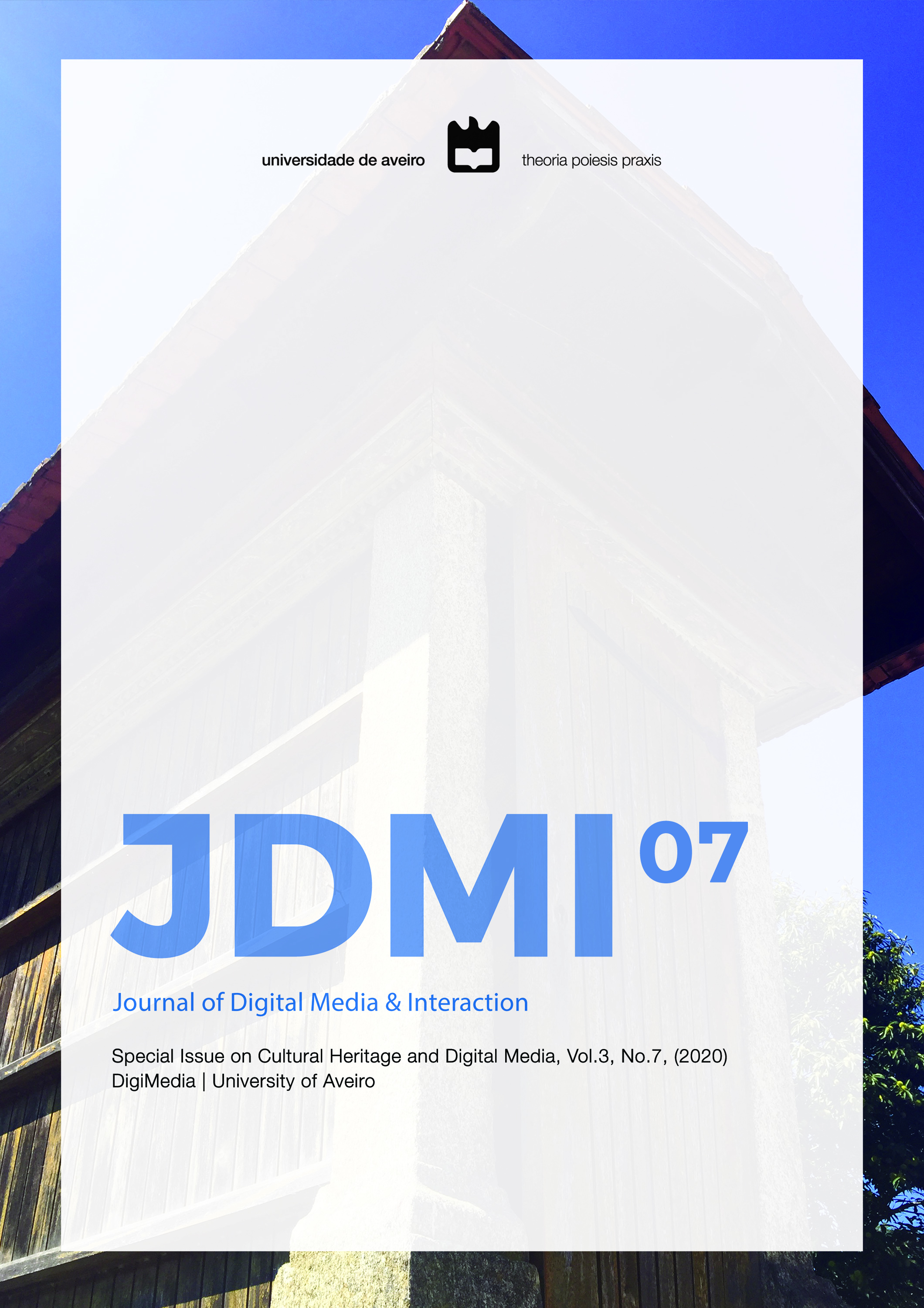Digital Platforms Audiovisual Culture and Memory:
the Case of Film Festivals in the North and Northeast of Brazil
Abstract
This paper aims at discussing the role of digital platforms in preserving memory and in recording information related to film festivals to users. The study is based on the systematization of film festivals that are held on a regular basis in the North and Northeast regions of Brazil and reviews the integrated digital platforms (websites, Facebook pages, blogs etc.) of each festival. Data analyzed was retrieved from the National Film Agency (ANCINE) and the Kinoforum Guide. Final sample mapped 66 film festivals or exhibitions in all nine states of the Northeast region and 12 events in six states of the North region. Netnography was used as a method to analyze digital environments that host information about the film festivals, considering for that purpose, four categories of analysis: language, history, types of interaction and elements of memory. The provision of online information demonstrated that digital media is still underutilized by festivals and cinema promoters, mainly due to an elementary use of digital platforms resources.
Downloads
References
Butruce, D. (2003). Cineclubismo no Brasil: esboço de uma história. Acervo, 16(1), 117–124.
Castells, M. (2002). A sociedade em rede(6th ed.). Paz e Terra.
Kozinets, R. v. (2014). Netnografia: realizando pesquisa etnográfica online. Penso.
la Carreta, M. L. da C. (2005). Cinema: memória audiovisual do mundo.
Lagny, M. (1997). Cine e historia: problemas y métodos en la investigación cinematográfica. Bosch.
le Goff, J. (1990). História e Memória. Editora da Unicamp.
Lobo, J. (2018). A preservação da memória cultural: prototipagem de uma plataforma digital colaborativa para o Festival Guarnicê de Cinema.
Mattos, T., & Leal, A. (2009). Festivais audiovisuais brasileiros: um diagnóstico do setor. In L. Calabre (Ed.), Políticas culturais: reflexões e ações(pp. 201–223). Itaú Cultural; Fundação Casa de Rui Barbosa.
Matuszewski, B. (2004). Nasce uma ideia. Recine -Revista Do Festival Internacional de Cinema de Arquivo, 1, 12–13.
Molinari Jr., C., & Mello, M. (2004). RECINE -Revista do Festival Internacional de Cinema de Arquivo.
Monteiro, S., Carelli, A., & Pickler, M. E. (2006). Representação e memória no ciberespaço. Ciência Da Informação, 35(3), 115–123. https://doi.org/10.1590/S0100-19652006000300011
Morettin, E. V. (2014). Acervos cinematográficos e pesquisa histórica: questões de método. Esboços -Revista Do Programa de Pós-Graduação Em História Da UFSC, 21(31), 50. https://doi.org/10.5007/2175-7976.2014v21n31p50
Passarelli, B., Ribeiro, F., Oliveira, L., & Mealha, Ó. (2014). Identidade conceitual e cruzamentos disciplinares. In B. Passarelli, A. Malheiro, & F. Ramos (Eds.), e-Infocomunicação: estratégias e aplicações(pp. 79–121). Senac.
Ribeiro, J. da S. (2002). Passagem dos rituais de Festival do Filme Científico ao desenvolvimento da cultura científica, cinematográfica e tecnológica na escola.
Rocha, A. M., & Vaccarini, E. D. (2015). A difusão do cinema brasileiro e o Cine Festival Inconfidentes: o audiovisual verde amarelo conquistando o interior de Minas Gerais. Experiência. Revista Científica de Extensão, 1(1). https://doi.org/10.5902/17982
Tavares, M. de F.D. (2012). Preservação digital: entre a memória e a história. Ci. Inf., 41(1), 9–21.
Copyright (c) 2020 Juliana Campos Lobo, Januária Oliveira Ramos, Maria João Lopes Antunes

This work is licensed under a Creative Commons Attribution-NonCommercial-NoDerivatives 4.0 International License.
Authors who publish in the JDMI agree to the following terms:
-
Authors retain copyright and grant the journal the right of first publication with the work simultaneously licensed under a Creative Commons BY-NC-ND 4.0. This licensing allows others to share the work with no changes and acknowledgement of the work's authorship and initial publication in this journal, but not for commercial use.
-
Authors are able to enter into separate, additional contractual arrangements for the non-exclusive distribution of the journal's published version of the work (e.g., post it to an institutional repository or publish it in a book), with an acknowledgement of its initial publication in this journal.
-
Authors are permitted and encouraged to post their work online (e.g., in institutional repositories or on their website) after publication, as it can lead to productive exchanges, as well as earlier and greater citation of published work.
Copyrights to illustrations published in the journal remain with their current copyright holders.
It is the author's responsibility to obtain permission to quote from copyright sources.
Any fees required to obtain illustrations or to secure copyright permissions are the responsibility of authors.
Additional Information
All correspondence concerning contributions, books and other review material should be sent to: deca-jdmi@ua.pt


